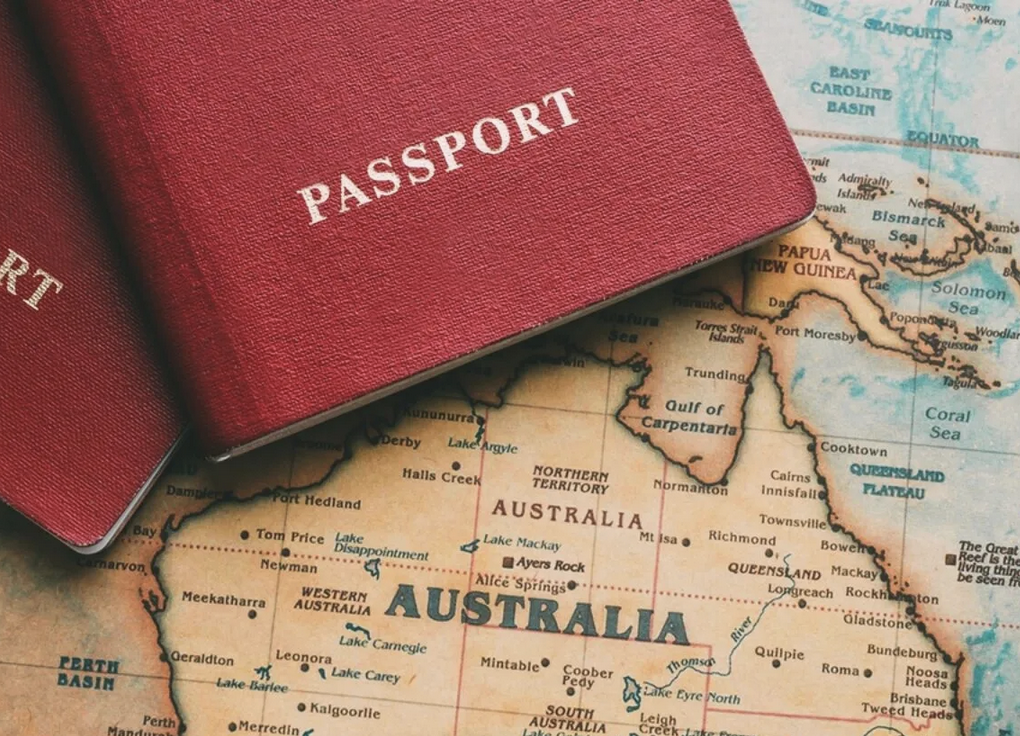Traveler Information Data Breach

The Data Breach That Exposed Traveler Information
In a digital age where convenience meets vulnerability, the travel industry has become a prime target for cyber threats. Australian based Inspiring Vacations had a significant data breach has struck a prominent travel agency, leading to the exposure of customer passports, tickets, and other sensitive personal information. This breach not only jeopardizes the security and privacy of countless travelers but also underscores the urgent need for robust cybersecurity measures within the travel sector.
The Breach Unveiled:
The Inspiring Vacations Report indicates they surfaced a major data breach affecting a well-established travel agency, revealing a compromise of a database containing detailed customer information. The exposed data includes customer names, passport numbers, travel itineraries, ticket details, and possibly even payment information. The breach has sent shockwaves through the industry, prompting concerns about the far-reaching consequences for affected individuals.
Risks Faced by Affected Travelers:
1. Identity Theft and Fraudulent Activities:
Criminals could leverage the stolen passport information to commit identity theft or engage in financial fraud, causing potential financial losses and severe reputational damage for the affected travelers.
2. Ticket Fraud and Unauthorized Travel:
The exposure of ticket details raises the risk of unauthorized individuals using compromised tickets, leading to potential disruptions in travel plans and complications at airports.
3. Targeted Scams and Phishing Attacks:
Cybercriminals may use the stolen information to orchestrate targeted phishing attacks, posing as the travel agency or other related entities to extract more sensitive details from affected travelers.
4. Government Compliance and Security Risks:
The compromise of passport information raises concerns about compliance with government regulations, potentially leading to legal repercussions for both the travel agency and affected individuals. Moreover, travelers may face security risks due to the exposure of their travel itineraries.
5. Personal Safety Concerns:
With travel itineraries and passport details in the wrong hands, travelers may become vulnerable to various security risks while abroad, ranging from targeted theft to more sinister activities.
Immediate Steps for Affected Travelers:
1. Monitor Financial Accounts:
Regularly monitor bank statements and financial accounts for any suspicious activities. Report unauthorized transactions to the financial institution immediately.
2. Contact the Travel Agency:
Reach out to the travel agency to confirm the breach, understand the extent of the exposure, and inquire about the steps they are taking to address the situation.
3. Update Passwords and Enable Multi-Factor Authentication (MFA):
Change passwords for online accounts, especially those associated with the travel agency. Enable multi-factor authentication where available to add an extra layer of security.
4. Be Wary of Phishing Attempts:
Exercise caution when receiving emails or messages related to the breach. Verify the legitimacy of communications and avoid clicking on links or providing additional information without proper verification.
5. Report to Authorities:
Report the data breach to relevant authorities, such as consumer protection agencies and cybersecurity authorities. This can contribute to investigations and regulatory actions against the responsible parties.
The data breach of a travel agency serves as a stark reminder of the vulnerabilities within the industry and the potential consequences for travelers. As technology continues to play a crucial role in modern travel, it is imperative for travel agencies to prioritize robust cybersecurity measures to protect customer data.
Travelers, in turn, must remain vigilant, taking proactive steps to secure their information and respond promptly in the event of a breach. The aftermath of such incidents highlights the importance of collaboration between the travel industry, cybersecurity experts, and government agencies to develop and implement effective strategies for preventing and mitigating the impact of data breaches on travelers worldwide.


